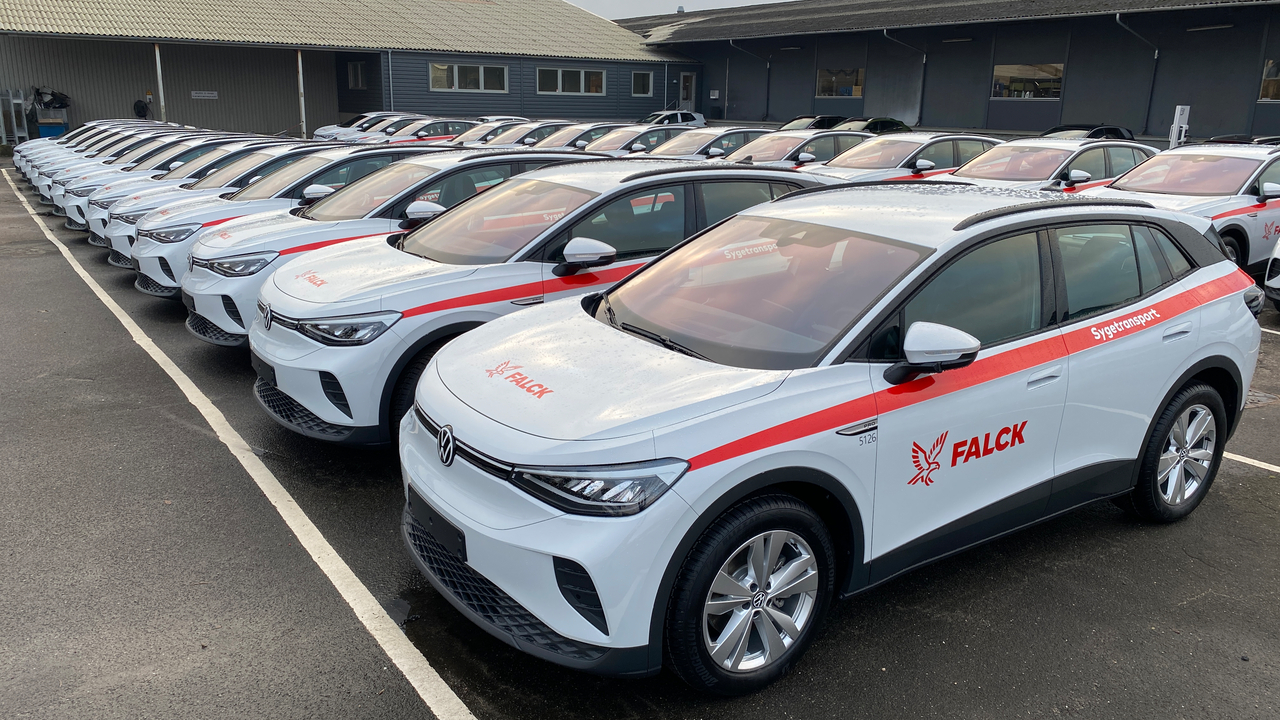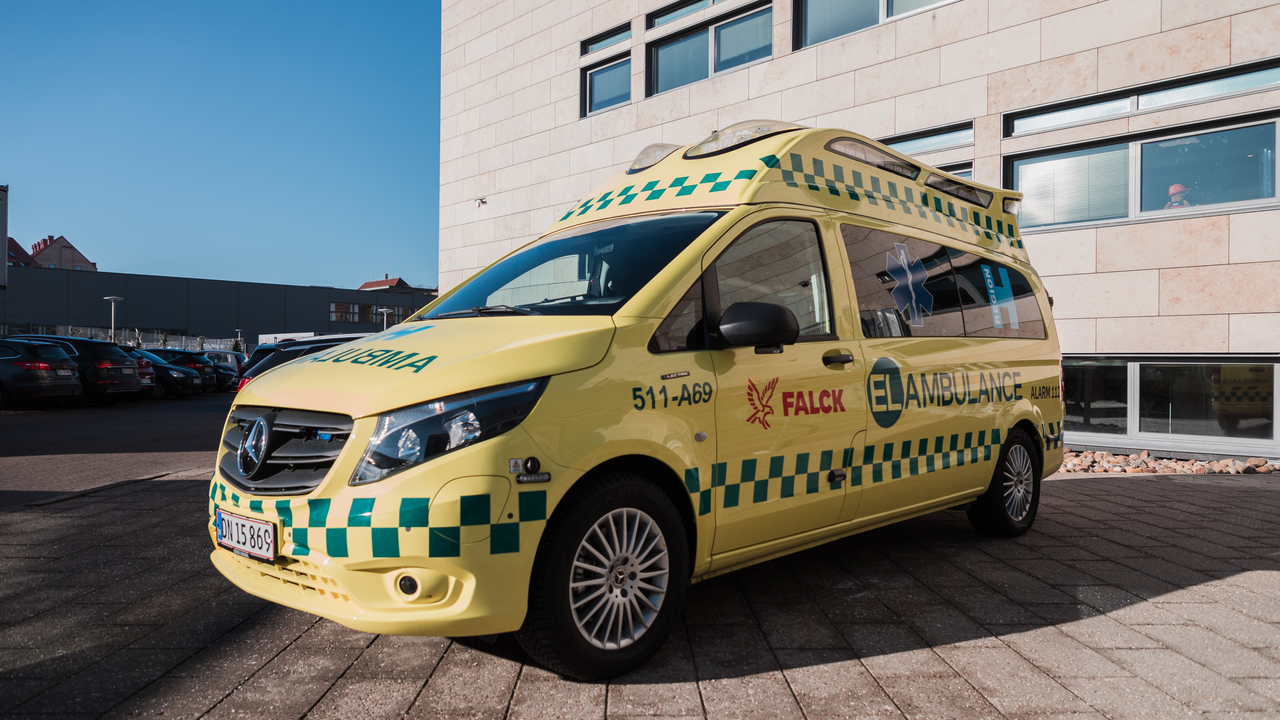Climate changes and global health are highly interlinked. According to WHO, climate change is the single biggest health threat. CO2 emissions from health care systems are fairly high and under-addressed. As a healthcare service provider, we want to do our part. We strive to advance healthcare while we reduce our climate impact.
It is our current assessment that Falck’s single biggest direct adverse impact on the climate derives from the fuel consumption of our fleet. We have therefore begun the transition from diesel and petrol-powered vehicles to electric vehicles and adopting the use of biofuels. Read more
We are aware that our operations impact the climate in other ways, e.g., through the energy consumption in buildings, the equipment used in our ambulances and the business travel of our employees, cf. scope 1-3 guidelines of the Greenhouse Gas Protocol. That is why we are widening the scope to also set targets for our indirect emissions (scope 2, e.g. electricity/heating) and our value chain (scope 3, e.g. goods & services) emissions.




